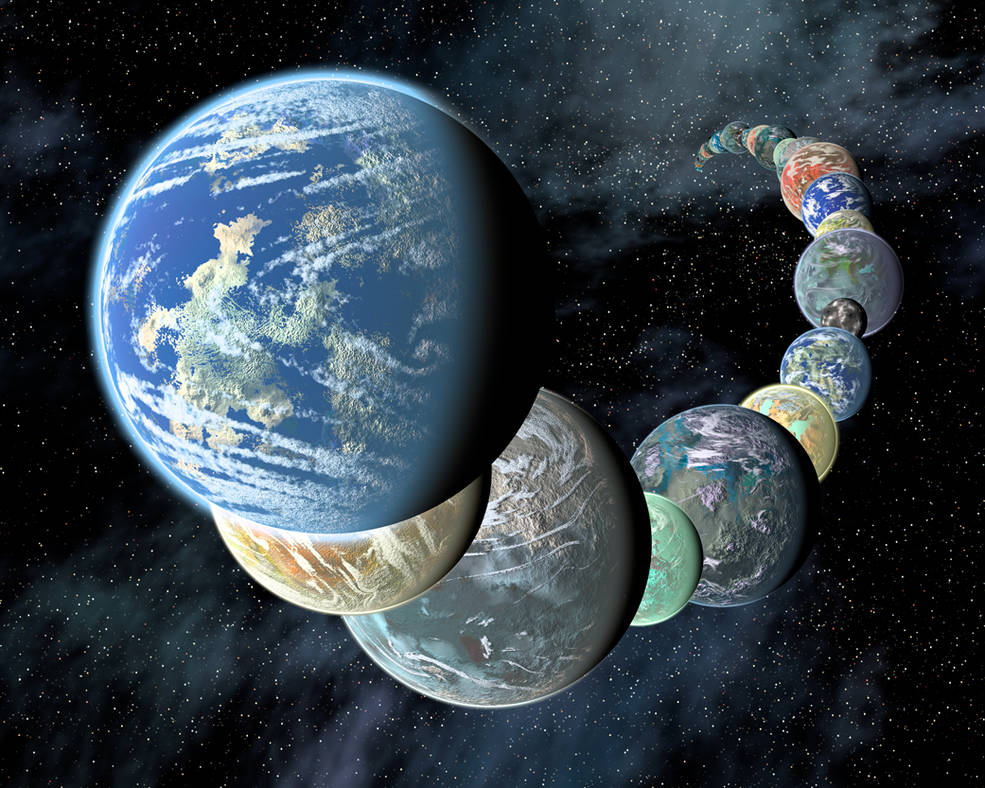Crowdsourcing moral decisions yields some interesting insights, if not necessarily completely useful ones for the original purpose in view.
Originally shared by Singularity Hub
Building a Moral Machine: Who Decides the Ethics of Self-Driving Cars?
Crowdsourcing moral decisions yields some interesting insights, if not necessarily completely useful ones for the original purpose in view.
Originally shared by Singularity Hub
Building a Moral Machine: Who Decides the Ethics of Self-Driving Cars?
It’s harder than it used to be to present convincing tech interfaces on screen. In fact, it’s an expert’s job.
Originally shared by HACKADAY
If you’ve been watching science fiction TV shows for the last decade you’ve seen Seth Molson’s work. He talks to us about creating believable tech in movies and TV.
From the banks of levers and steam gauges of 1927’s Metropolis to the multicolored jewels that the crew would knowingly tap on in the original Star Trek, the entertainment industry has always struggled with producing imagery of advanced technology.…
http://hackaday.com/2018/10/29/seth-molson-is-designing-the-future-one-show-at-a-time/
If it matters to you how likely your future scenario is to be realized in a particular timeframe (and I’m not saying it should matter to you, but if it does), here are some basic guidelines for figuring that out. They’re not actually expressed in the form of rules, despite the headline.
Also a good way to check you’re not committing anachronism.
Originally shared by Joanne Manaster
How old were you when CRISPR got added to the dictionary? And what were your grandparents doing when DNA made its first appearance?
Now you can find out. Merriam-Webster has been promoting a search tool that lets you look up the words that got added to dictionary in the year you were born, or any other year dating all the way back to 1500. (Incidentally, the word illness got added that year.)

Originally shared by NASA
We are sizing up a galaxy of planets as we hunt for a world something like our own. We’ve found rocky planets in Earth’s size range, at the right distance from their parent stars to harbor liquid water. As space telescopes grow ever more sensitive, we’re beginning to zero in on evidence of life and what we consider potentially habitable worlds. Learn more: https://go.nasa.gov/2CFFxeP
Blurb:
“The year is 1095, Normandy, France. Five year old Skylar…”
Yeah, no, you lost me right there.
Behindthename.com has this to say about Skylar/Skyler/Schuyler:
From a Dutch surname meaning “scholar”. Dutch settlers brought the surname to America, where it was subsequently adopted as a given name in honour of the American general and senator Philip Schuyler (1733-1804).
This isn’t hard, people.
Mammoths, anyone?
Originally shared by Singularity Hub
De-Extinction Is Now a Thing—Starting With Passenger Pigeons
I understand there are at least discussions being had about a staffed mission to Venus’s upper atmosphere.
Originally shared by John Reiher
The lower cloud layer of Venus (47.5–50.5 km) is an exceptional target for exploration due to the favorable conditions for microbial life, including moderate temperatures and pressures (∼60°C and 1 atm), and the presence of micron-sized sulfuric acid aerosols. Nearly a century after the ultraviolet (UV) contrasts of Venus’ cloud layer were discovered with Earth-based photographs, the substances and mechanisms responsible for the changes in Venus’ contrasts and albedo are still unknown…
Good potential for heists when all the key data is travelling across unhackable networks.
Originally shared by Singularity Hub
From Quantum Computing to a Quantum Internet—A Roadmap
How deeply do you take readers into the minds of your characters?